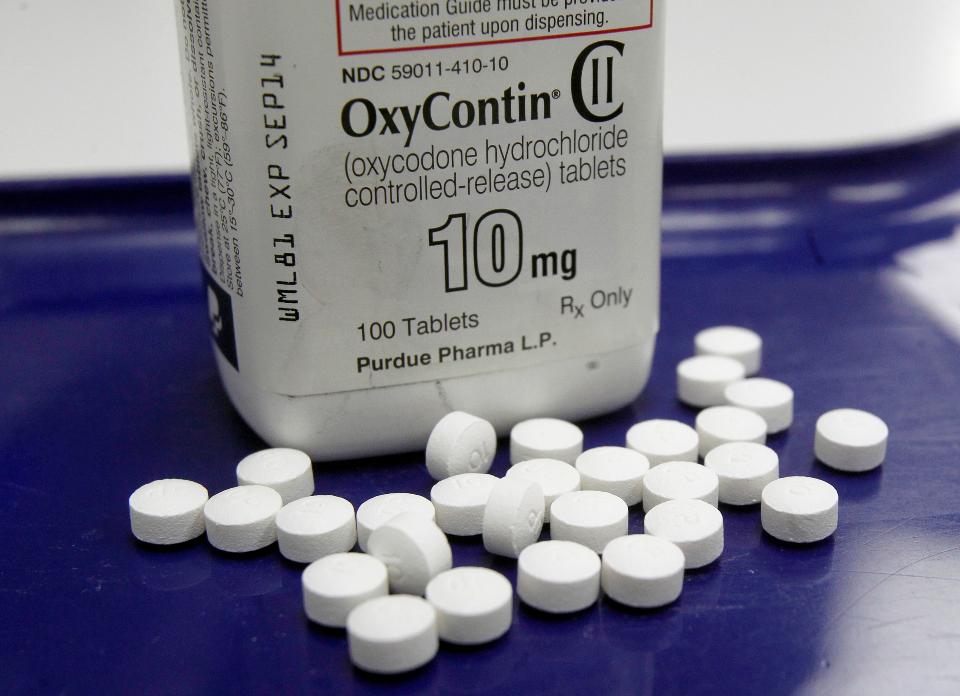As pressure mounts to offer productive solutions to rampant opioid abuse and addiction in the United States, Health and Human Services (HHS) Secretary Sylvia M. Burwell announced a flurry of new actions intended to give physicians additional tools to combat the problem.
The most significant change entails a raising of limits imposed on the prescription of buprenorphine, the top pharmaceutical employed in medication-assisted treatment of opioid use disorder. The HHS almost triples the previous cap, from 100 patients for a year or more to up 275 patients. As before, the practitioner prescribing buprenorphine at these levels must acquire a waiver to do so.

(Image credit: AP file photo)
In addition to the expansion of buprenorphine limits, the actions announced today include:
- Proposing the removal of HCAHPS survey pain management questions from the hospital payment scoring calculation that determines how much compensation facilities receive from Medicare for services rendered, a protocol that physicians felt overly incentivized distribution of opioids.
- Requiring clinicians operating within the Indian Health Services (IHS) to check the Prescription Drug Monitoring Program Database (PDMP) before dispensing any opioids for more than seven days. This provision goes into effect immediately, impacting more than 1200 IHS clinicians, and seems a direct acknowledgment that the opioid epidemic has been especially devastating in the Native American community.
- Stepping up research initiatives, with several new efforts joining dozens already ongoing.
- Issuing a Request For Information to solicit feedback from prescribers on what tools and training they feel are needed to better equip them to effectively avoid putting opioids in the wrong hands.
The steps taken today are being positioned by HHS as an extension and expansion of their Opioid Initiative, announced in March of last year.
In an accompanying statement, Secretary Burwell offers confidence in the value of the new actions, but suggests that the legislative branch also needs to do their part. She pointedly offers, “However, if we truly want to turn the tide on this epidemic, Congress should approve the President’s $1.1 billion budget request for this work.”
The comment comes as Congress remains mired in fragile negotiations over how to proceed, with funding levels standing as the primary point of dispute between Democrats and Republicans. Some anti-addiction activists have criticized other components of the evolving legislation, such as the elimination of a requirement that prescribers check the PDMP as a condition of maintaining their federal grant dollars.
Filed Under: Industry regulations




